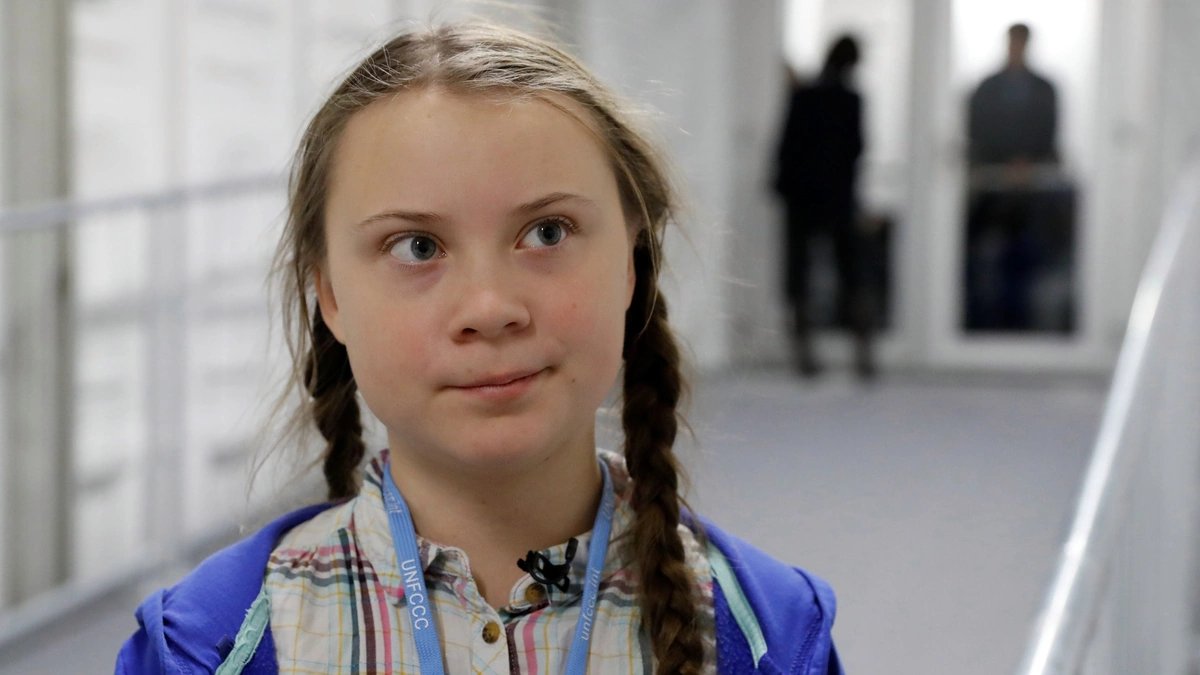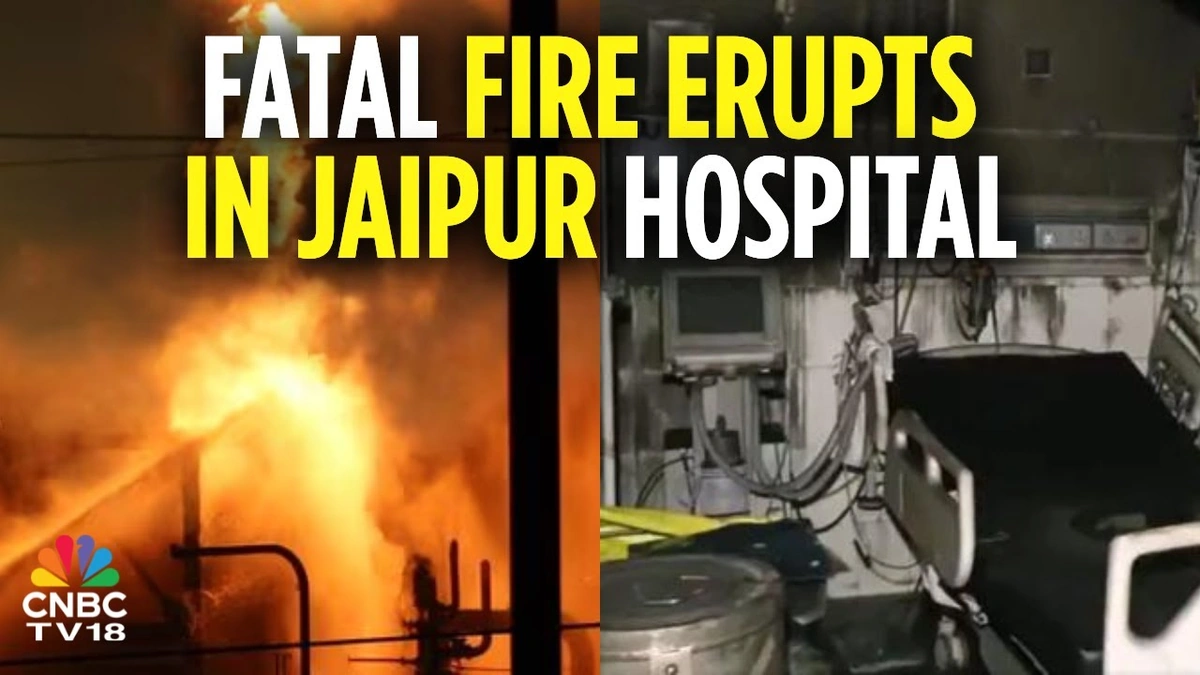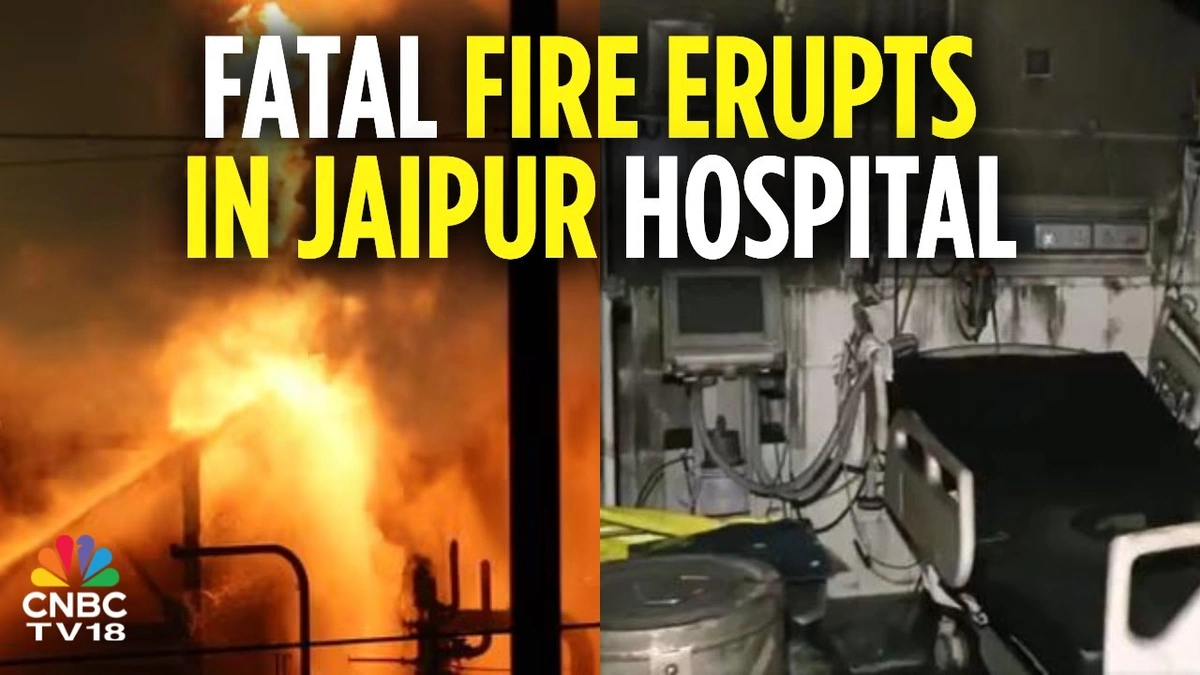Greta Thunberg | More Than Just Headlines – Why Her Message Matters Now
Greta Thunberg. The name itself sparks debate, doesn’t it? You either see her as a beacon of hope for the planet or dismiss her as an alarmist. But here’s the thing: regardless of your opinion, understanding Greta Thunberg’s message and its impact is crucial, especially for us here in India. It’s not just about climate change; it’s about our future, our economy, and the very air we breathe.
The “Why” Behind the Passion | Unpacking the Climate Crisis

Let’s be honest – the climate crisis can feel distant, abstract. We see images of melting glaciers and hear statistics about rising sea levels, but what does it really mean for us? That’s where Greta, and others in the environmental movement, comes in. She boils down the complex science into a simple, urgent message: we’re running out of time to act. It’s not just about polar bears; it’s about the monsoon patterns that dictate our agriculture, the rising temperatures that strain our infrastructure, and the increasing frequency of extreme weather events that displace communities.
What fascinates me is how she uses moral clarity to cut through the noise. She’s not a scientist; she’s a messenger, holding world leaders accountable for their promises. Is she always right? Maybe not. But she’s undeniably effective at raising awareness and sparking conversations – conversations we desperately need to be having. Consider the impact of her speeches at the UN. They weren’t just lectures; they were calls to action. The question is, are we listening?
From School Strike to Global Movement | The Rise of Fridays for Future
It all started with a lone girl sitting outside the Swedish parliament with a sign that read “Skolstrejk för klimatet” (School Strike for Climate). Who would have thought that this simple act of defiance would snowball into a global movement? Fridays for Future, the climate strike movement she spearheaded, has mobilized millions of young people around the world, demanding climate action from their governments. Here in India, we’ve seen similar protests, with students and activists taking to the streets to raise awareness about local environmental issues.
But, the true beauty of this movement lies in its inclusivity. It’s not just about attending rallies; it’s about making conscious choices in our daily lives, from reducing our carbon footprint to advocating for sustainable policies. This is where the real change happens – not just in the headlines, but in our homes and communities.
The Criticism and Controversy | Navigating the Noise
Let’s be real: Greta Thunberg’s impact hasn’t been without its critics. She’s been accused of being a puppet for environmental organizations, of exaggerating the threat of climate change, and of being too young and inexperienced to speak on such complex issues. And, I hear the criticism often.
But, here’s the thing: criticism comes with the territory when you’re challenging the status quo. The attacks against her often feel personal, designed to discredit her message rather than address the actual issues. It’s important to separate the noise from the signal and focus on the core message: climate change is real, it’s happening now, and we need to act urgently. The key is understanding that environmental activism and its complexities require careful understanding of sustainable development. You can read more onsustainable development.
India’s Role in the Climate Conversation | Why It Matters to Us
India is particularly vulnerable to the impacts of climate change. We depend heavily on agriculture, which is highly sensitive to changes in temperature and rainfall. We also have a large coastal population that is threatened by rising sea levels. Climate change is not just an environmental issue for us; it’s a matter of economic stability, food security, and national security. And, it affects us all.
What’s fascinating is the potential for India to become a leader in the green economy. We have the resources, the talent, and the need to develop sustainable solutions. From solar power to electric vehicles, we have the opportunity to create a cleaner, more prosperous future for ourselves. But, it requires a commitment to innovation, investment, and policy reform. This is where the conversation becomes incredibly urgent.
As Google celebrates milestones, the need for sustainability becomes ever clearer.
Beyond the Headlines | Taking Action in Our Own Lives
So, what can we do? How can we translate climate awareness into meaningful action? It starts with education – understanding the science behind climate change and the solutions available to us. It also involves making conscious choices in our daily lives, from reducing our consumption of single-use plastics to supporting businesses that are committed to sustainability. Every little bit counts.
But, the most important thing we can do is to hold our leaders accountable. Demand climate action from our elected officials, support policies that promote sustainable development, and vote for candidates who prioritize the environment. Our future depends on it. And, it really does boil down to that.
Thinking about environmental impact also brings up thoughts of spirituality. Understanding the concept of Om, for example, can help provide new ways to view interconnectedness.
FAQ | Your Burning Questions About Greta Thunberg and Climate Change
What exactly is Greta Thunberg advocating for?
She’s primarily advocating for immediate and drastic action to reduce greenhouse gas emissions in line with what climate science dictates to limit global warming.
Is climate change really that serious?
Yes. Scientific consensus, backed by decades of research, overwhelmingly confirms that the Earth is warming at an unprecedented rate due to human activities, leading to significant consequences.
What if I feel overwhelmed by the climate crisis?
It’s understandable to feel overwhelmed. Focus on taking small, actionable steps in your own life and supporting organizations working on solutions.
How can I stay informed without getting burned out?
Follow reputable sources of climate news and balance your consumption with positive stories of progress and innovation.
What role does India play in global climate change?
India, as a rapidly developing nation, is both vulnerable to climate impacts and a significant contributor to emissions. Its actions are crucial for achieving global climate goals.
Is there any hope for the future?
Absolutely. While the challenges are significant, there’s also immense potential for innovation, collaboration, and positive change. With commitment and action, a sustainable future is still possible.
In conclusion, Greta Thunberg isn’t just a name or a headline. She’s a symbol of a generation demanding a better future. And, as we navigate the complexities of climate change, it’s up to each of us to listen, learn, and act. Our planet and our future depends on it.













